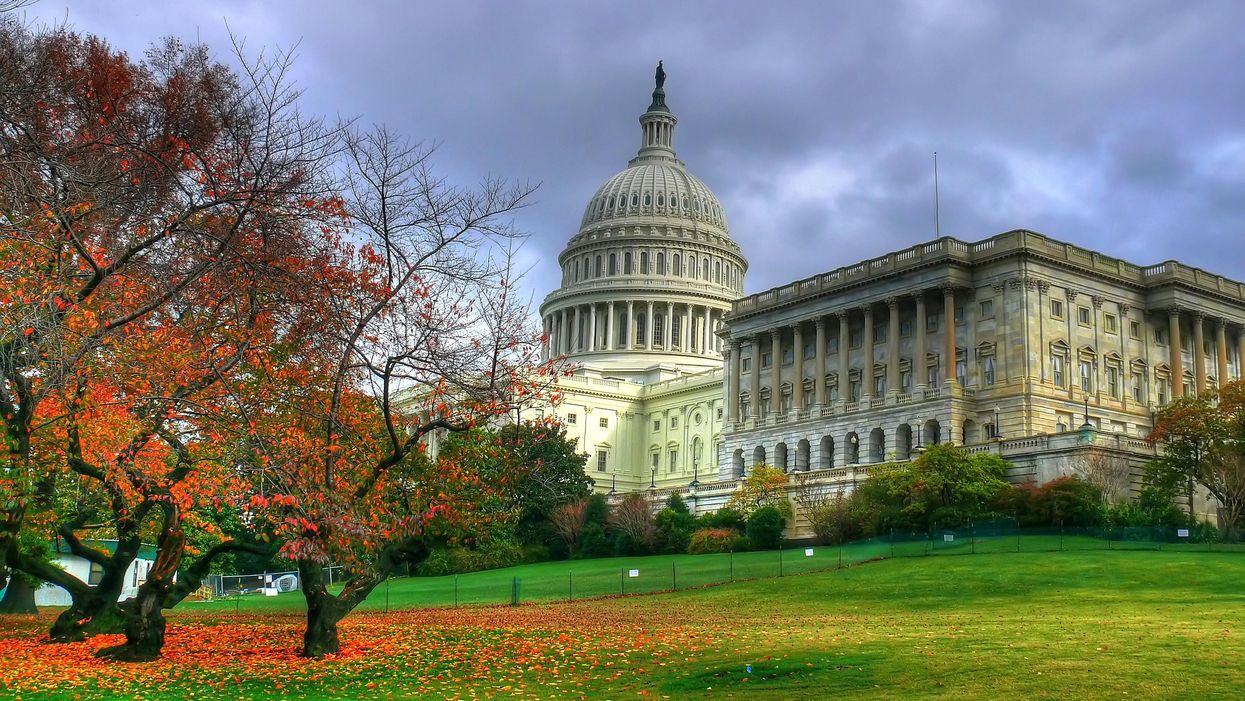For the past 15 years, public disapproval of the performance of Congress has averaged around 70 percent. Typically, when people look at Washington, as former Speaker Paul Ryan once observed, "It looks like chaos" — not leadership or governance, regardless of which party is in control.
What's wrong with Congress? Most frequently the problem is framed as a people problem. Congress has bad people in it. There are clowns, cranks and crooks, and we should throw those bums out. Others point to Capitol Hill having too many rabid partisans. Best to send them packing, too, in favor of new legislators who will choose "country over party." Still others point to the corrupting influence of lobbyists and the campaign finance hustle as the proximate cause for congressional dysfunction.
All of these diagnoses have merit, and their corresponding remedies are worth pursuing. But we should not forget about the "congressional capacity" problem.
Like any organization — a charity, restaurant or automobile repair shop — congressional performance is greatly, but not entirely, affected by Congress' capacity. It can only do as much as it is capable of doing.
In the congressional context, capacity can be defined as the human and physical infrastructure needed to resolve public problems through legislating, budgeting, holding hearings and conducting oversight. Some specific aspects of congressional capacity are intra-chamber organization (the organization of committees, for example), the processes for allocating resources (the leadership selection process is one of them) and the processes for executing tasks (such as how legislation gets to the floors of the House and Senate). And, of course, the people — the legislators and staff whose efforts produce governance.
During the past 40 years, the demands upon Congress have grown immensely. The nation's population has increased by one-third and federal spending has increased sevenfold. Today, the federal government has more than 4 million civilian and military employees and an annual budget in excess of $4.5 trillion. The executive branch has around 180 agencies, which administer untold thousands of statutes and programs. The government also funds, and to a degree directs, hundreds of thousands of contractors and subnational organizations.
And as a lengthy study by me and a couple of dozen scholars found, congressional capacity has declined during this same four decades. Today, Congress has fewer staffers than it did in the 1980s. It also has fewer nonpartisan experts working at the Congressional Research Service and its other legislative branch support agencies. And turnover among Hill staff is high: The average experience of a person working for Congress is three years.
Remarkably, the number and structure of congressional committees has evolved only a little to meet the new issues that have confronted the nation in the past 40 years — the opioid epidemic, to cite but one example. The size of the House remains at 435 members, who somehow are supposed to represent 330 million people. (That's an average of 758,000 for every legislator.) And the rules and procedures by which Congress conducts oversight and advances legislation look much as they did when Tip O'Neill was the speaker of the House and Olivia Newton-John was crooning "Magic."
All of which means Congress' responsibilities have ballooned and its capacity to handle these challenges has contracted. This is a formula for bad governance. Certainly, no private company could survive were it so dilatory to update its structure, operations and people power.
The process has begun. The Select Committee on the Modernization of Congress has put together a list of nearly 100 reforms for the House. But only a third of these improvements have been enacted, and those are just the tip of the iceberg. Decades of neglect mean the work of upgrading Congress will take years.
So, let us throw out the members of Congress who show little interest in governing, and let us reduce the perverse incentives that reward elected officials for their fundraising skills and behaving like partisan hacks. But we must also tackle the problem of congressional capacity if we want to have a Congress that can behave like the "first branch" of a national government that can well serve the people.



















Trump & Hegseth gave Mark Kelly a huge 2028 gift